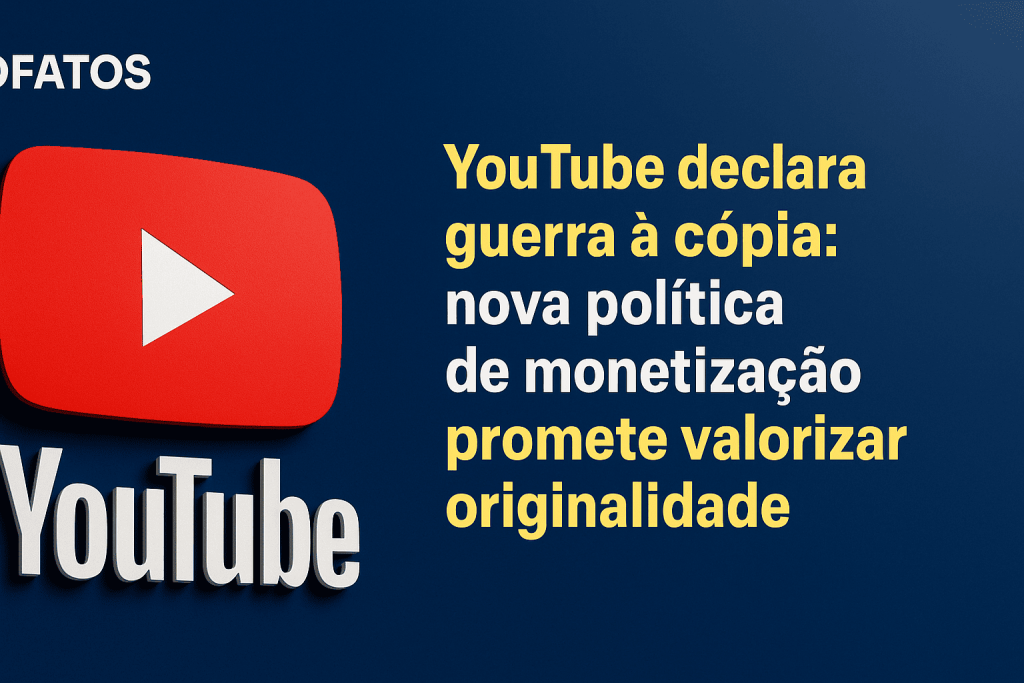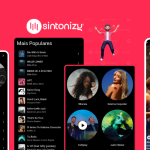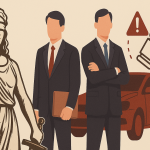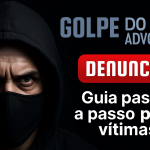"The copycat party is over." That's the unofficial message YouTube has just sent to millions of creators with its new monetization policy, scheduled to come into effect on July 15. With the promise of favoring original content, the video giant promises to transform the platform's ecosystem once and for all — and the change is already causing heated debates behind the scenes of the creator economy.
📌 What will actually change?
With the update, the YouTube Partner Program (YPP) — the program that allows creators to earn money from their videos — will no longer accept channels with repetitive, automated or unoriginal content. In other words:
- ❌ Channels that recycle third-party videos with minimal editing;
- ❌ Channels with AI-generated mass production without added value;
- ❌ Channels that rely on redundant content just to "farm views".
Even though these practices don’t directly violate current guidelines, YouTube is now demonetizing and deleting creators who the company says don’t provide “real benefit” to their audience.
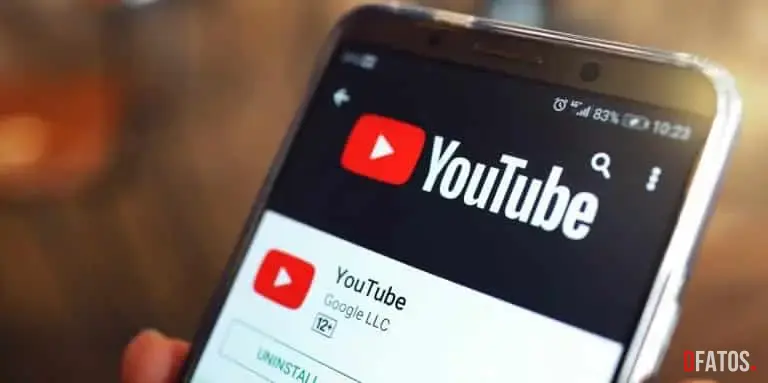
💡 The promise: more quality, less digital waste
The platform’s official goal is to raise the bar for quality. Creators who invest time, creativity, and originality — and who are often overshadowed by channels that simply replicate content — should, in theory, gain more visibility, engagement, and revenue.
This movement seeks to meet a growing demand from advertisers and users for relevant, authentic and engaging content.
⚠️ But... who loses from this?
Despite the optimistic rhetoric, change does not come without risks — and here are the silent dangers:
- 🔻 Small creators and alternative channels that use limited resources (such as synthesized voices or news commentary formats) may be disadvantaged, even with informative content.
- 🧠 Educational and informational channels that use licensed excerpts or video summaries may be mistakenly labeled as "unoriginal."
- 🧰 Legitimate automation tools (like AI for scriptwriting, voiceover, or editing) run the risk of being treated as infringement — without contextual analysis.
And the biggest fear: the lack of transparency in the criteria. What is "original content" in YouTube's view? Where is the line between curation and plagiarism? The platform has not yet clarified these points clearly.
🔥 Mental trigger of fear: your monetization could end overnight
The update raises a red flag for anyone who makes money on the platform. Without warning, channels could be demonetized or removed from the partnership program, even if they haven’t broken any formal rules. The impact could be devastating for anyone who relies solely on YouTube for revenue.
🧭 Opportunity for true creators
Despite the turbulence, there is a window of opportunity. Authentic creators, with their own identity, critical vision, and the ability to generate new and relevant content, tend to benefit.
📣 Now is the time to:
- Review old content;
- Invest in authorial formats;
- Create original scripts;
- Avoid ready-made formulas and copy-paste.
🤖 The role of artificial intelligence: villain or ally?
One of the most controversial points is the use of AI. At a time when tools like ChatGPT, Sora, Runway and ElevenLabs dominate content creation, YouTube has yet to make it clear to what extent AI will be accepted as creative support or will be treated as an infringement.
Se mal conduzida, a plataforma pode acabar punindo inovações legítimas e travando o uso de tecnologias que já são parte da rotina criativa de milhões de profissionais.
🧨 DFATOS alerta: isso muda o jogo
What’s at stake isn’t just monetization — it’s the digital creation model that YouTube wants to promote. The policy sounds noble on paper, but it raises a crucial question:
Is YouTube cracking down on "soulless" content — or starting to censor automated creativity?
The line is thin. And the consequences are still uncertain.
📅When does it come into effect?
The new policy officially comes into effect on July 15, 2025. From that date onwards, creators who do not comply will be able to:
- Having monetization suspended;
- Being excluded from the Partner Program;
- Losing visibility in recommendation algorithms.
🧩 Conclusion
The revolution that YouTube is proposing could be the beginning of a new era — or the beginning of a silent crisis for millions of creators.
DFATOS will continue to monitor the impacts of this update and will provide exclusive analyses in the coming months.
 Português
Português

